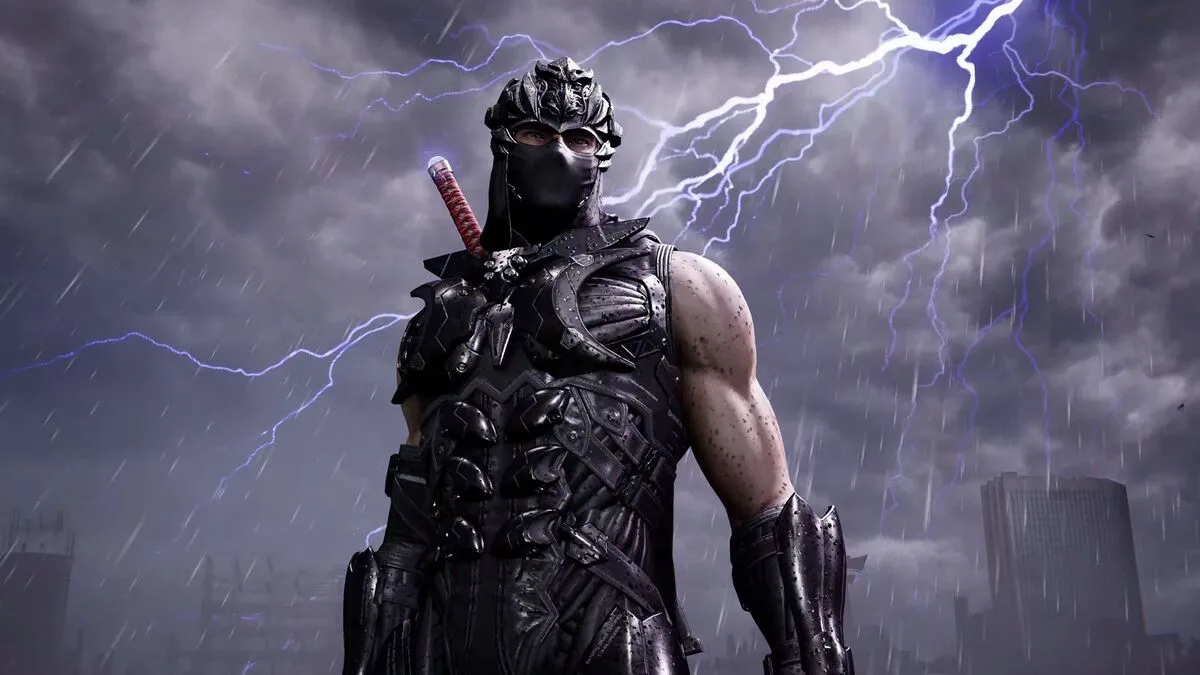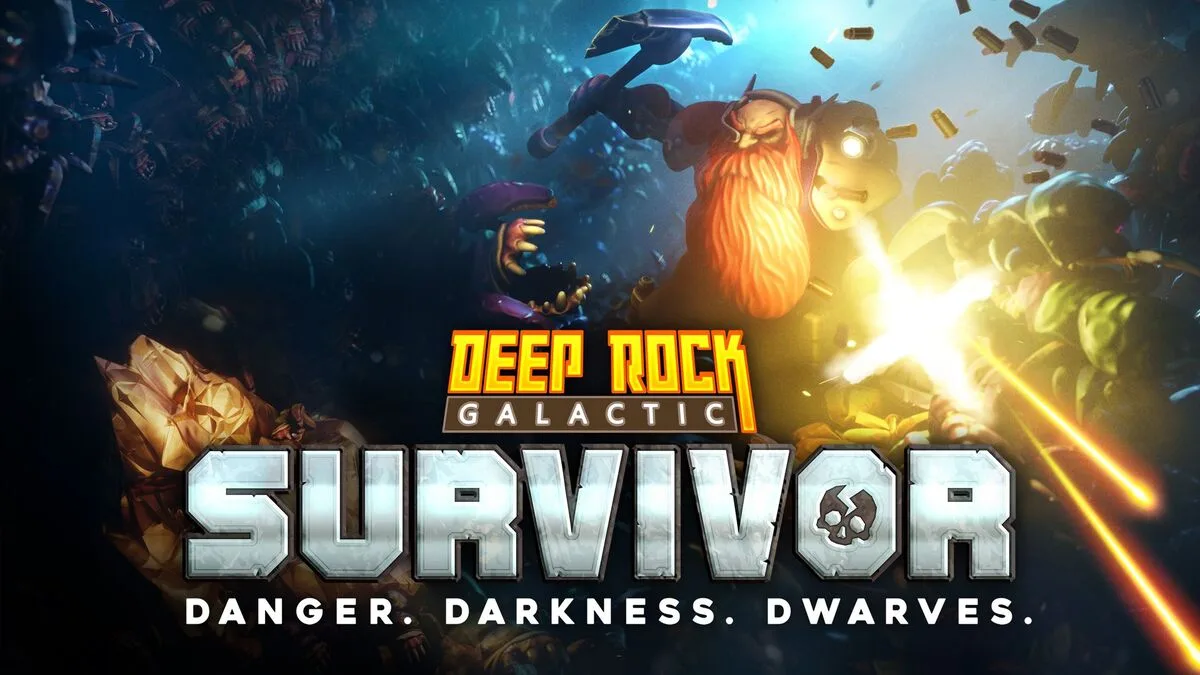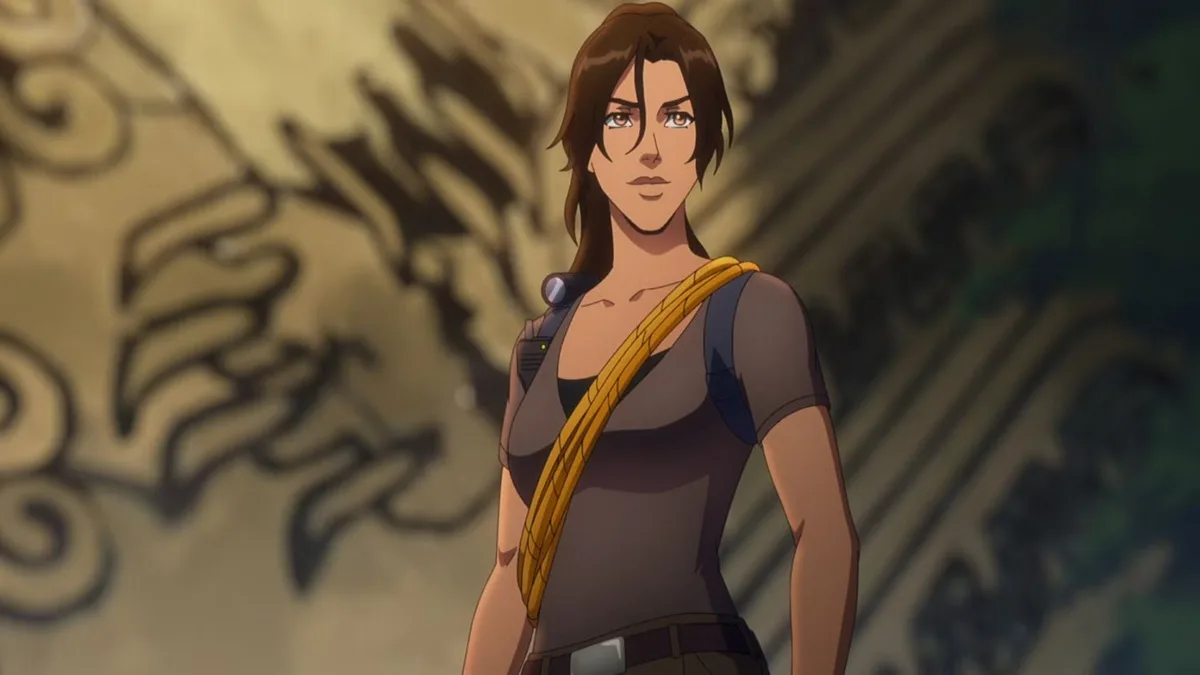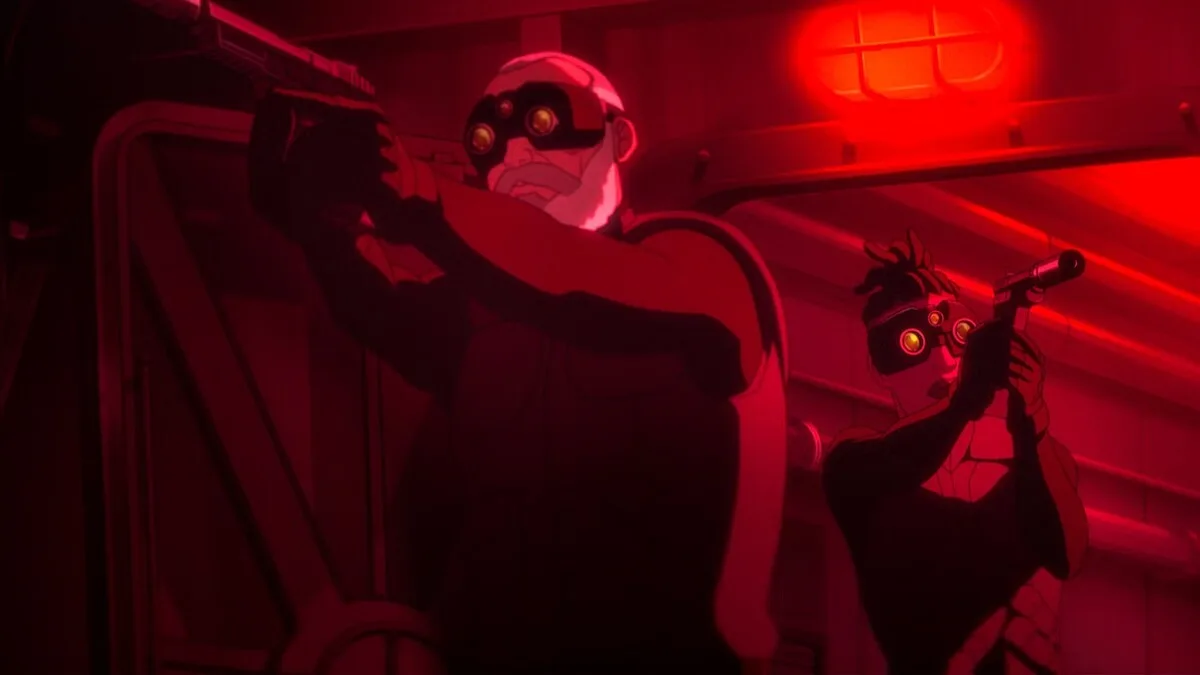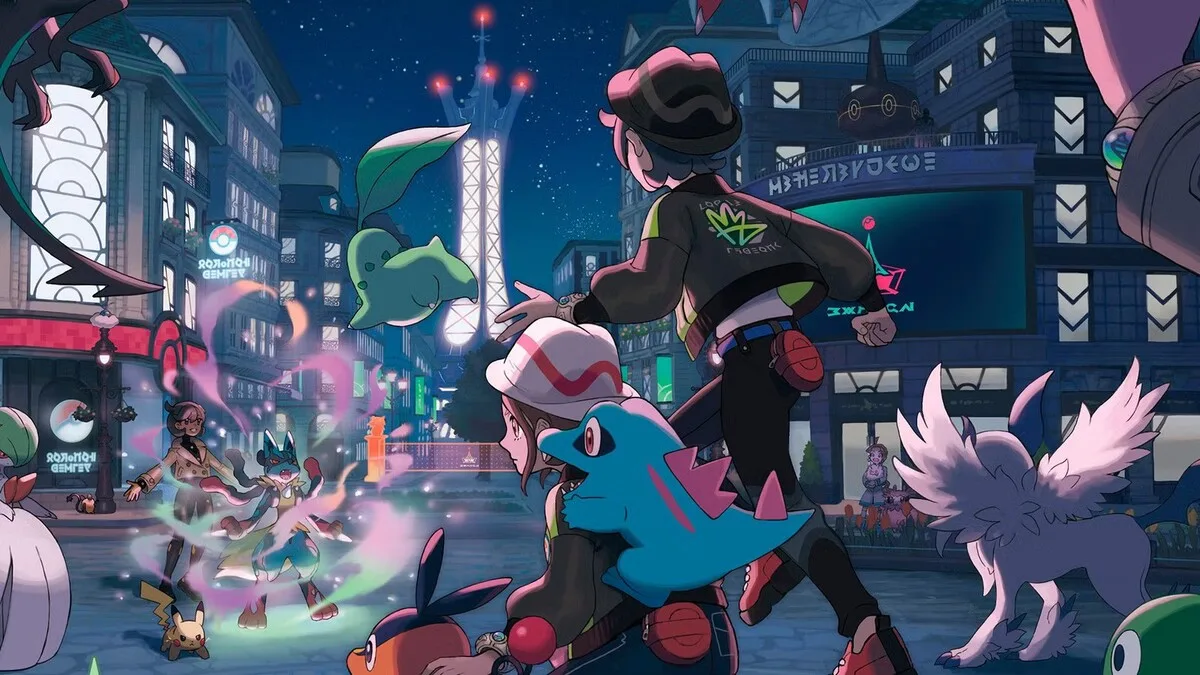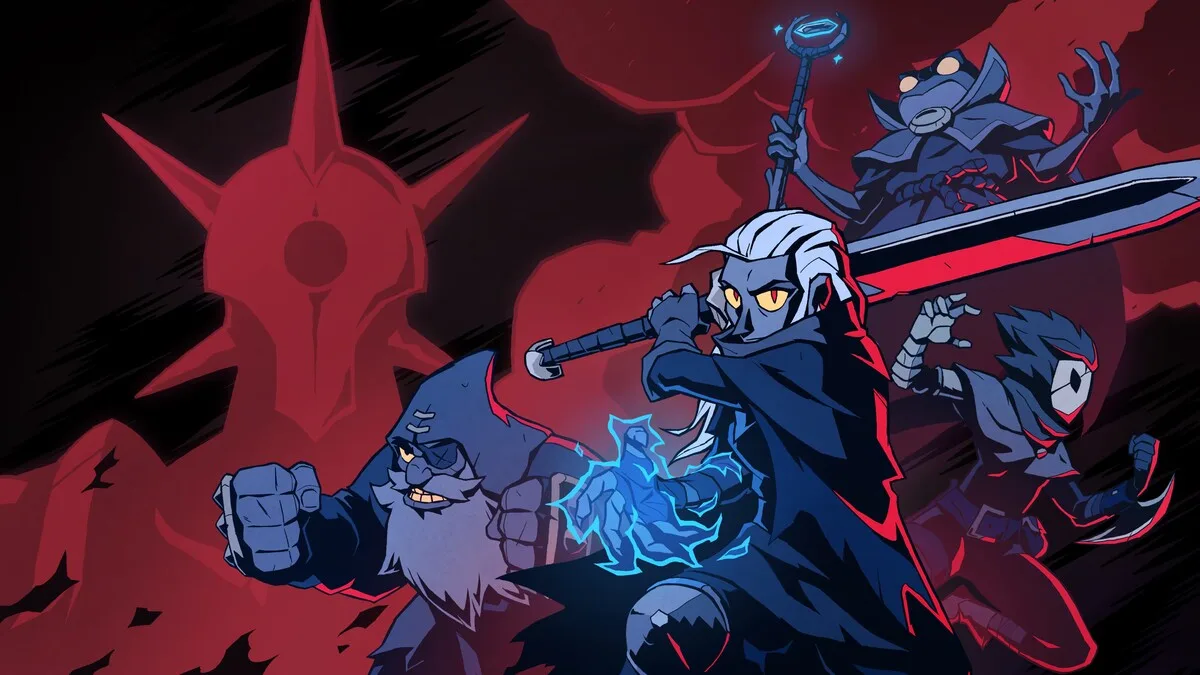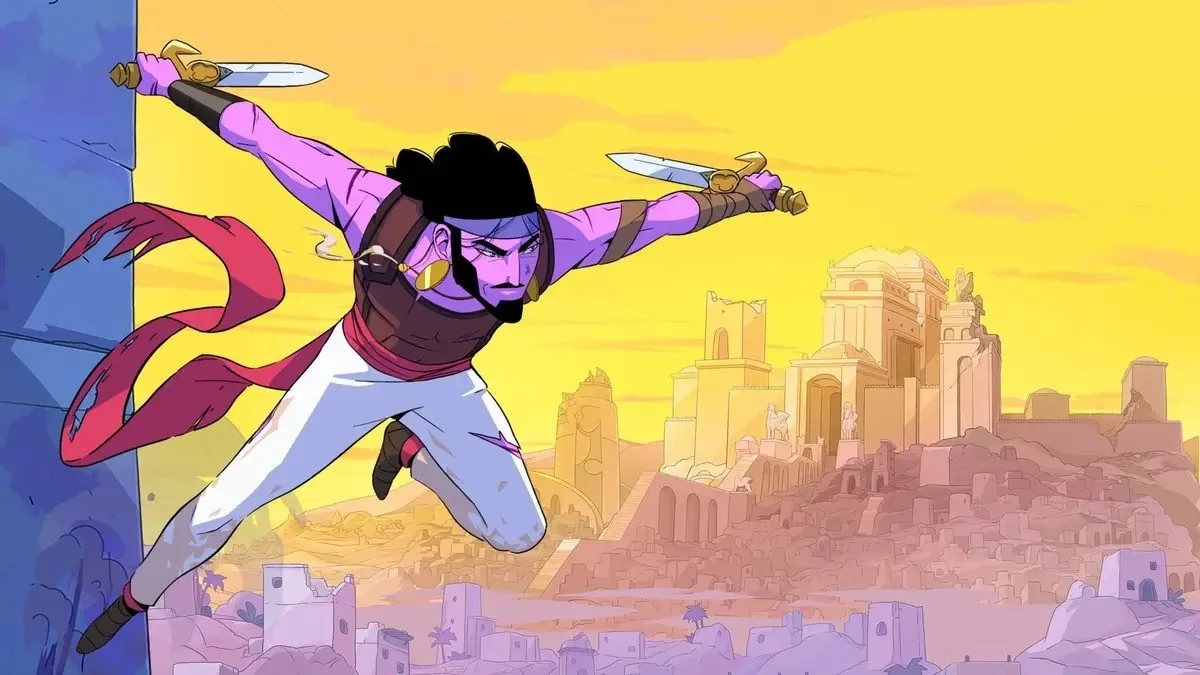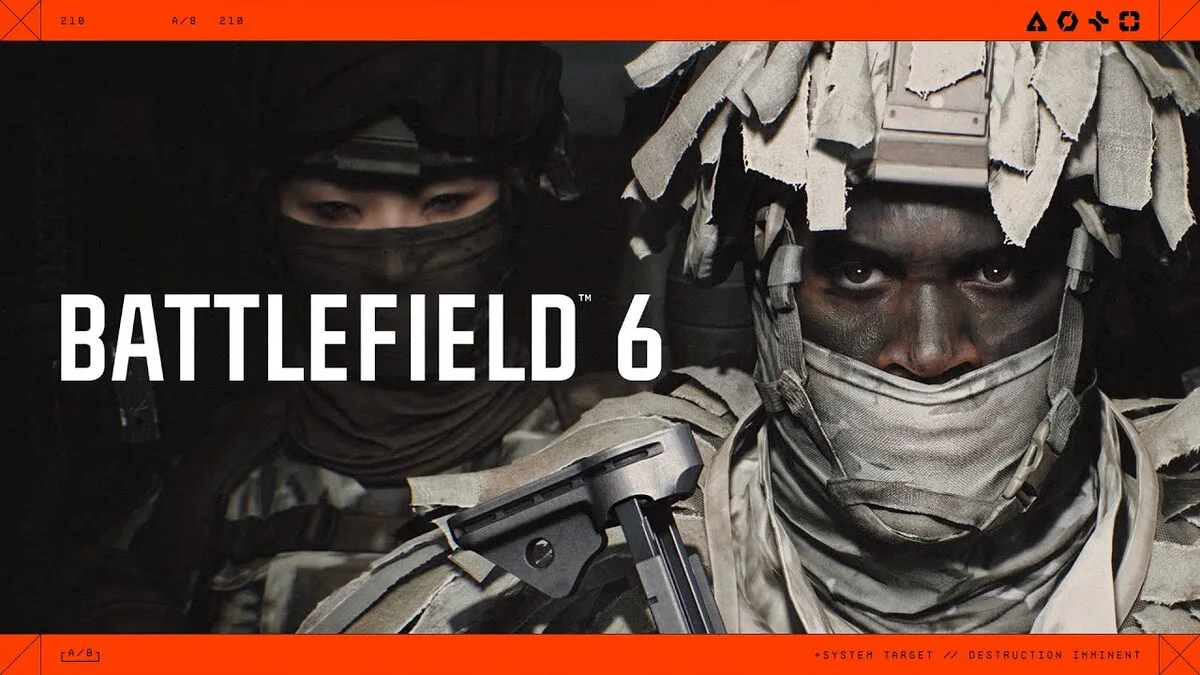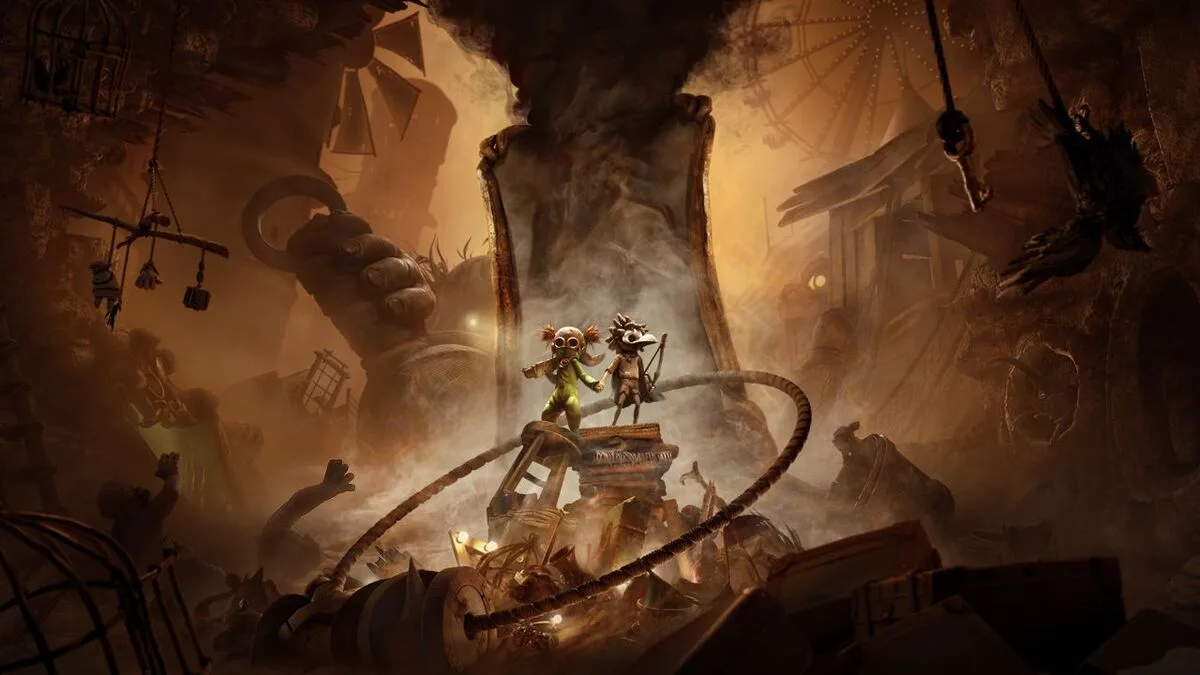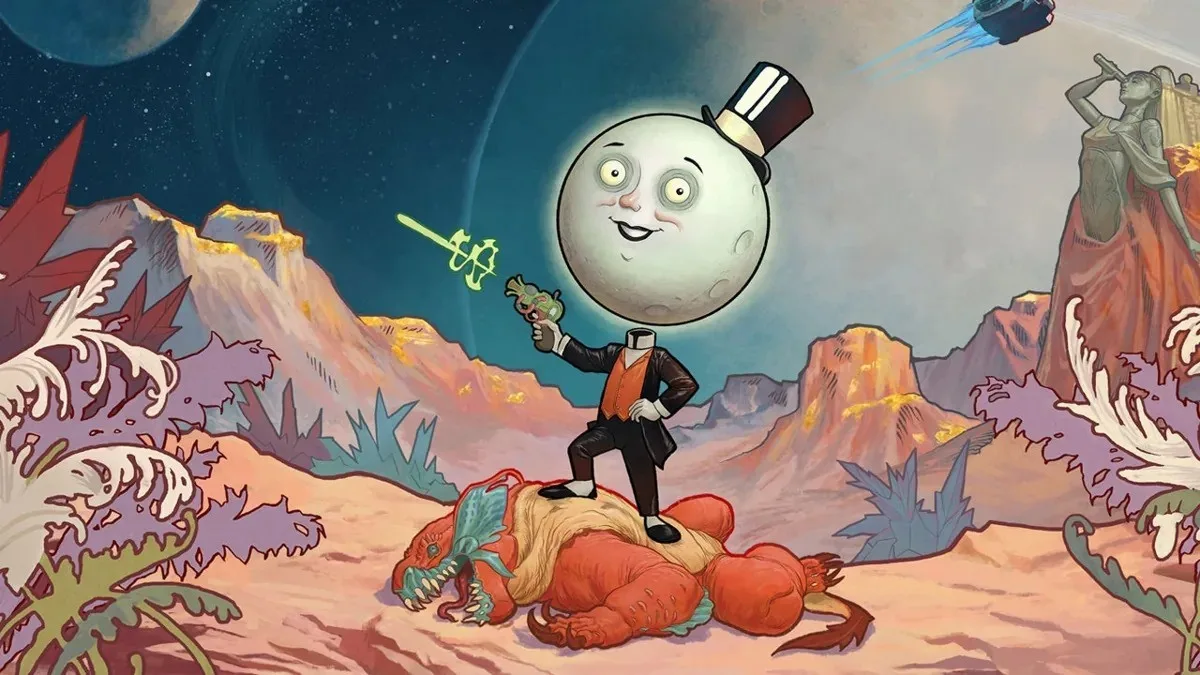
The Outer Worlds 2 — Obsidian Shines Once Again in Space
Obsidian Entertainment has firmly established itself as one of Xbox’s most consistent studios, delivering high-quality games with admirable regularity. This year, following the release of Avowed, a fantasy RPG, the studio returns with The Outer… The Outer Worlds 2 — Obsidian Shines Once Again in Space
